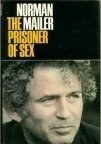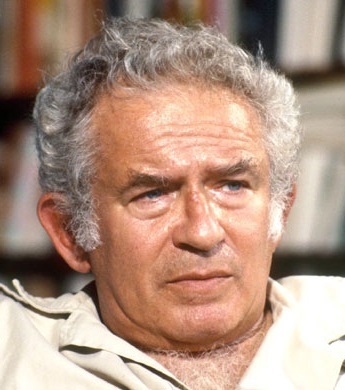
Here, by America's foremost candidate for the Nobel Prize, is the book that some fifteen years ago created a firestorm among true believeers of the women's liberation movement, and which on rereading and contemplation emerges as one of the most sensible, sensitive and probing works on the ageless dialectic of man, woman, man-woman ever to be written. Unlike some of those who have excoriated him for his views, Mailer writes with with wit and compassion, clearly a man who loves women, and who is dedicated to the proporsition of vive la difference. On one level, this work is a spirited defense of the differeences between the sexes, a vigorus condemnation of those forces in society which strike at the heart of individuality, but as Pete Hamill emphasizes in his introduction, it is also a fascinating glimpse at the "processes of Mailer's thinking." Hamill compares Mailer's rhetorical counterpunching to a bravura jazz performance: "Again and again, he enters his piece with a light-hearted prologue, then states the melody or theme. From there he races off on an improvisation whose brilliance and complexity are up to him on any given evening, free of the constraints of conventional form, able to call on as much of what he knows (about the world, the self) as he cares to reveal." And reveal he does, lighting up the sexual stage with verbal pyrotechnics, forcing us by clever twists and turns into a new understanding of ourselves.
Author

Norman Kingsley Mailer was an American novelist, journalist, essayist, poet, playwright, screenwriter, and film director. Along with Truman Capote, Joan Didion, and Tom Wolfe, Mailer is considered an innovator of creative nonfiction, a genre sometimes called New Journalism, but which covers the essay to the nonfiction novel. He was awarded the Pulitzer Prize twice and the National Book Award once. In 1955, Mailer, together with Ed Fancher and Dan Wolf, first published The Village Voice, which began as an arts- and politics-oriented weekly newspaper initially distributed in Greenwich Village. In 2005, he won the Medal for Distinguished Contribution to American Letters from The National Book Foundation.